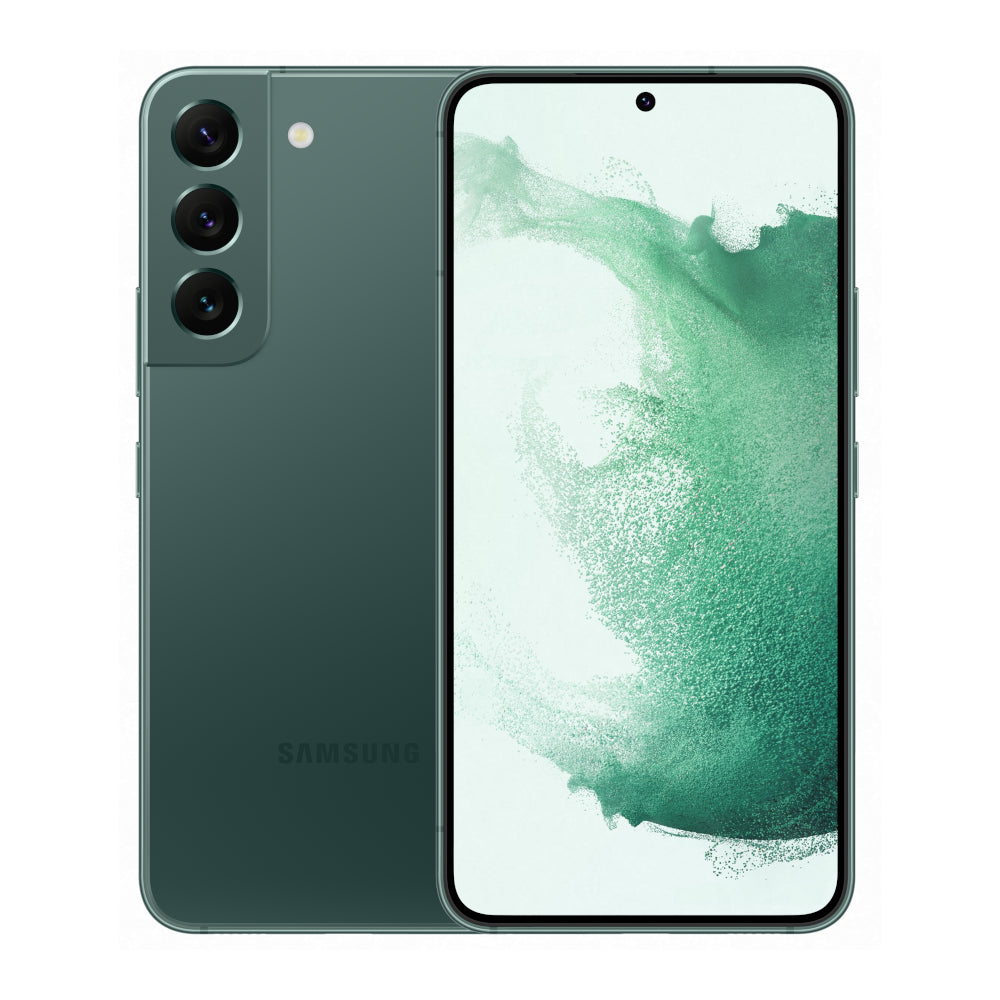Samsung Galaxy S22 5G: A Deep Dive into a Flagship Contender
The Samsung Galaxy S22 5G, released in early 2022, aimed to solidify Samsung’s position in the premium smartphone market. It offered a compact design, a powerful processor, and an enhanced camera system, all packaged within the familiar Galaxy ecosystem. This article will explore the various facets of the S22 5G, analyzing its strengths, weaknesses, and overall value proposition.
The S22 5G embraced a more compact form factor compared to its larger siblings, the S22+ and S22 Ultra. This decision catered to users seeking a flagship experience without the bulk.
Premium Materials and Durability

The device featured an Armor Aluminum frame, promising increased durability against drops and scratches. The front and back were protected by Gorilla Glass Victus+, further enhancing its resilience. The IP68 rating provided dust and water resistance, a standard feature in high-end smartphones.
Ergonomics and In-Hand Feel
The compact size, coupled with the flat display and squared-off edges, contributed to a comfortable and secure grip. The phone felt solid and premium in hand, reflecting its flagship status.
Color Options and Aesthetics
Samsung offered a range of color options, including Phantom Black, Phantom White, Green, and Pink Gold. The matte finish on the back minimized fingerprints, maintaining a clean and elegant look.

The S22 5G boasted a Dynamic AMOLED 2X display, known for its vibrant colors, deep blacks, and excellent contrast.
Dynamic Refresh Rate
The 120Hz adaptive refresh rate ensured smooth scrolling and animations, dynamically adjusting based on the content displayed to conserve battery life.
Brightness and Outdoor Visibility
The display reached peak brightness levels, making it easily viewable even in direct sunlight. This was a significant improvement over previous generations, enhancing the outdoor user experience.
Resolution and Sharpness
The Full HD+ resolution delivered crisp and sharp visuals, suitable for everyday tasks, multimedia consumption, and gaming.
The S22 5G featured the Snapdragon 8 Gen 1 (in select regions) or the Exynos 2200 chipset, both designed to deliver flagship-level performance.
Processor and Graphics
Both chipsets provided significant performance gains over their predecessors, handling demanding tasks and graphics-intensive games with ease. The Exynos 2200, in particular, featured an AMD RDNA 2-based Xclipse 920 GPU, promising enhanced graphics capabilities.
RAM and Storage
The device came with 8GB of RAM, sufficient for multitasking and smooth performance. Storage options included 128GB and 256GB, without the option for expandable storage.
Software and User Experience
The S22 5G launched with Android 12 and Samsung’s One UI 4.1, offering a clean and intuitive user interface. Samsung promised four generations of Android OS upgrades and five years of security updates, ensuring long-term software support.
The S22 5G’s camera system was a key selling point, featuring significant improvements in image processing and low-light performance.
Triple Rear Camera Setup
The rear camera setup consisted of a 50MP main sensor, a 12MP ultra-wide lens, and a 10MP telephoto lens with 3x optical zoom.
Main Sensor Improvements
The 50MP main sensor captured detailed images with accurate colors and improved dynamic range. The larger sensor size allowed for better light gathering, resulting in cleaner low-light shots.
Nightography and Low-Light Performance
Samsung emphasized “Nightography,” highlighting the S22 5G’s enhanced low-light capabilities. The improved image processing algorithms and larger sensor size contributed to brighter and clearer night photos.
Video Recording
The device supported 8K video recording at 24fps and 4K video recording at up to 60fps. The Super Steady mode provided effective video stabilization.
Front Camera
The 10MP front camera captured detailed selfies and supported features like Dual Video Call and Portrait mode.
The S22 5G featured a 3,700mAh battery, which, while smaller than the S22+’s, was optimized for efficient power consumption.
Battery Optimization
The adaptive refresh rate and power-efficient chipset contributed to decent battery life, typically lasting a full day with moderate usage.
Fast Charging and Wireless Charging
The device supported 25W wired fast charging and 15W wireless charging. While not the fastest charging speeds available, it offered a reasonably quick top-up.
Reverse Wireless Charging
The S22 5G also supported reverse wireless charging, allowing users to charge compatible devices like earbuds or smartwatches.
The S22 5G offered a comprehensive suite of connectivity features.
5G Connectivity
As its name suggests, the S22 5G supported 5G connectivity, providing fast download and upload speeds where available.
Wi-Fi 6E and Bluetooth 5.2
The device supported Wi-Fi 6E, offering faster and more stable Wi-Fi connections. Bluetooth 5.2 provided improved wireless audio connectivity.
Ultrasonic Fingerprint Sensor
The in-display ultrasonic fingerprint sensor offered fast and secure biometric authentication.
Samsung Ecosystem Integration
The S22 5G seamlessly integrated with the Samsung ecosystem, including features like Samsung DeX, SmartThings, and Galaxy Buds integration.
Pros
Compact and ergonomic design
Vibrant and responsive display
Powerful performance
Enhanced camera system with improved low-light performance
Long-term software support
Cons
Battery life could be better
Charging speeds are not the fastest
No expandable storage
Potential performance variations between Snapdragon and Exynos models
The Samsung Galaxy S22 5G offered a compelling package for users seeking a compact flagship smartphone. Its strengths lay in its design, display, performance, and camera system. However, its battery life and charging speeds could be improved. The long-term software support and integration with the Samsung ecosystem added to its value proposition.
Ultimately, the S22 5G was a strong contender in the premium smartphone market, offering a well-rounded experience for users who prioritized a compact and powerful device. Its success depended on the individual user’s needs and priorities, weighing the pros and cons against other flagship offerings.



